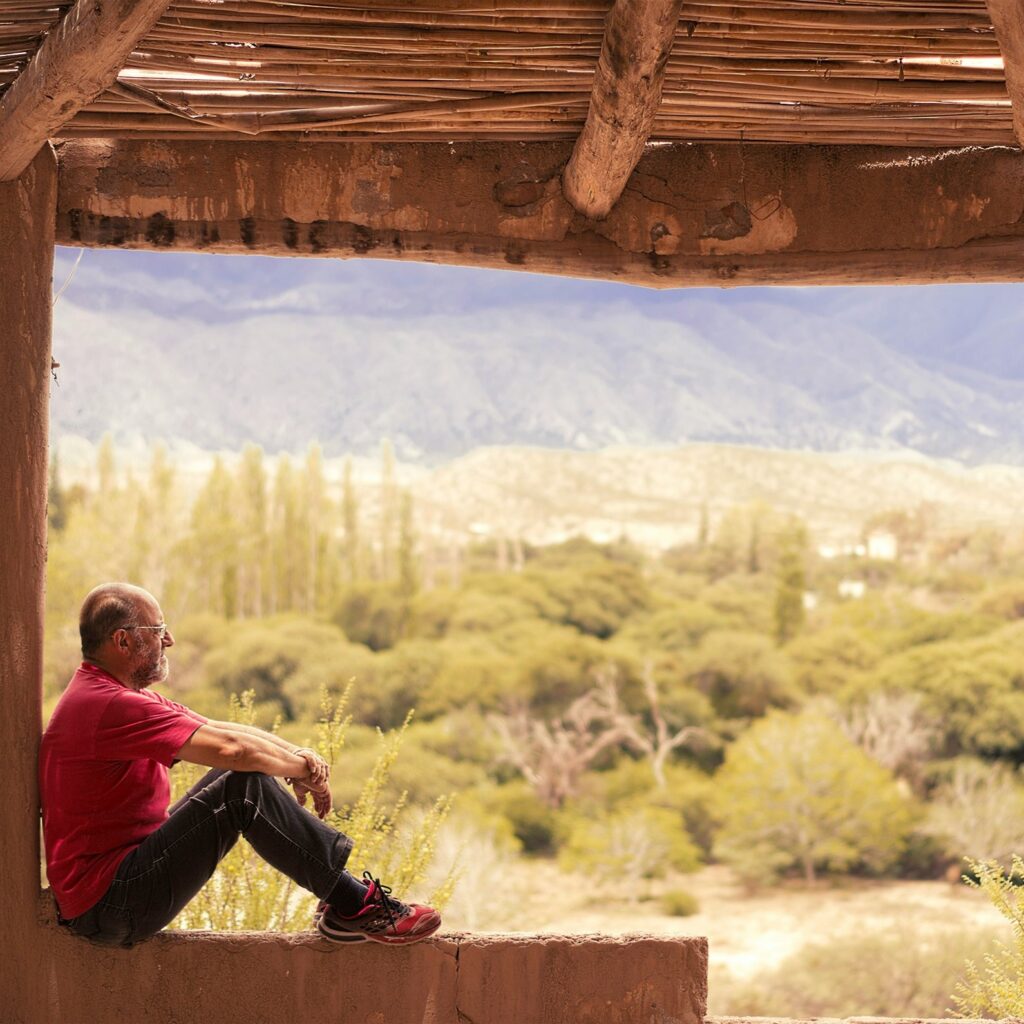Hostage to The Misplaced Responsibility

I’m going to make a statement that might initially cause a strong reaction in you, but please hear me out. Ultimately, my goal is to find that precious, sacred, powerful point at which we become intentional about living, even in the midst of a destructive, stifling world. It is at that point where we have the God-given agency to make a choice about our next step, and about who we are and how we are showing up. The hardest question to answer is: How?
What is your bias?

Another nuance impacting attachment is confirmation bias. This might seem a bit random in the context of trauma, but there is a strong correlation between confirmation bias and resistance to change, thus resistance to healing. What we’ve deeply learned, both intrinsically and extrinsically, determines what we seek, expect, and perceive. When there is a gap in our understanding, we fill it in with our own narrative based upon previous learning. Most often we fill in those blanks with negativity and suspicion. Trauma teaches us what to watch for, what to expect, and how to perceive it.
Attachment has a Role

There is a curious power to attachment theory and the role it plays in complicating trauma. I believe attachment issues underlie every psychological disorder and diagnosis. In my intro above, I started to write “…the role of attachment on psychological health.” But, it goes much deeper than that. I think it has a role is every aspect of our health – biological, psychological, sociological, spiritual, and relational.
Trauma-informed Living

o one gets through life unscathed by harm and trauma. We live in a world that is marred and broken. Nothing is truly as it has been written upon our hearts to be. At every step, we have learned. Something that distinguishes us from the rest of creation is the ability to project our learning to determine our next steps, to create, plan, and build our future. As we mature, what we’ve learned through extrinsic memory (those things we had to pay attention to and concentrate on to learn) tends to become aligned with our interests, curiosities, and passions. We pay attention to what is relevant, those things we believe will be useful and helpful and successful for us.
His New Nickname

We get stuck in loops trying to figure out why our spouse (or any other significant other) does what they do to us. It’s as if we understood the intent, it could excuse the pain or angst we feel toward them. Or, we turn it all inward and ask ourselves, “What’s wrong with ME?”
Maybe if we could figure out why he does what he does, we could also figure out how to better avoid it. Or fix it. Or be able to get him to change because we could explain it and connect all the dots to make sense for him why it would be so easy to change and do differently.
Random Thoughts About Submission

Submission that is demanded ceases to be submission and has instead become servitude. Love that is demanded ceases to be love. At that point, it simply becomes obedience. Obligation. No longer a free choice of the free will. The demand destroys the essence of what it was meant to be. And the soul shrivels up. It’s the same idea as being submitted to God. God doesn’t demand it, but let’s it be a matter of choice. The choice is what makes it meaningful.
Is This Change For Real?

When things have gotten dire enough to seek help, it’s often hard to know what to count on from your spouse regarding the future of your relationship. You desperately want to plant your feet into something solid and reliable. Therefore, it makes complete sense that you’d want to know if the changes being made are “real.” So, how can you tell?
Rightfully Angry

For both men and women, anger is a key building block in their wall of self-protection. It supports defense mechanisms and fuels the façades we wear. Anger can make it very difficult to be authentic and connect to your spouse. The only connection that can happen is to whatever is in front of your shield of self-protection, which is often a very shallow, non-vulnerable self. In being self-protective, you disable the very thing your heart craves: authentic connection.
Staying Intentional When Your Spouse Walks Out

I think what I hear between the lines is the struggle between what you “should” do based on your Christian background and what your gut is telling you to do to protect yourself from being further hurt and move on with your life.
Chemistry is Not Connection

We enter relationships attracted by something—a look, a personality, a desire, an intrigue—without the skills to maturely relate. And without those skills and perspective, the chemistry easily explodes into chaos, confusion, and loneliness.
